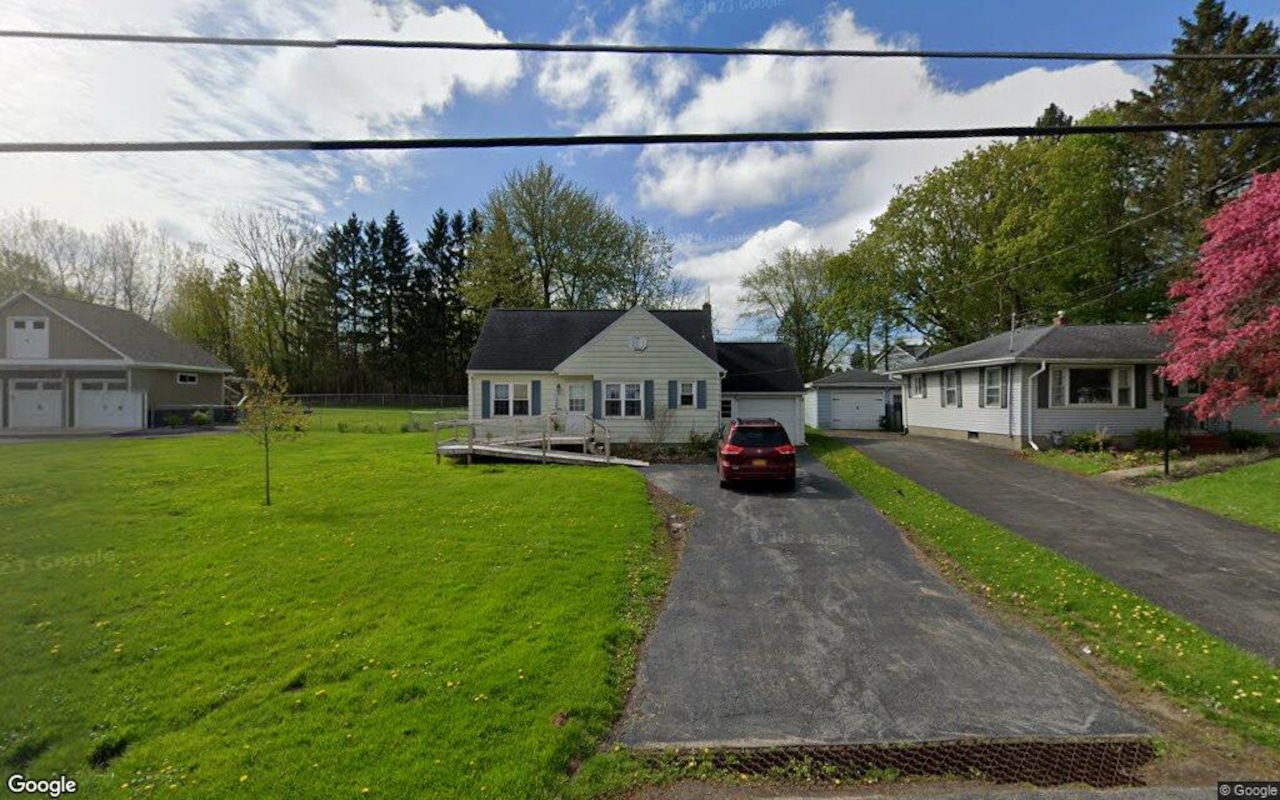H
omebuyers remain concerned about tariffs pushing up prices and believe that mortgage rates are more likely to rise, according to the July Consumer Confidence Index. Despite this, interest rates have remained unchanged at 4.25-4.5% since January.
The Federal Reserve's decision is expected to be revisited soon, with economists predicting a rate cut in September or sooner. This comes as residential construction spending fell for the sixth straight month in June, hitting a 22-month low due to high interest rates and economic uncertainty.
Consumer confidence showed a slight improvement in July, but concerns about tariffs and rising prices remain. The anticipated interest rate cuts are seen as crucial in providing support to the housing sector, which has been struggling with slowing growth and potential upward pressure on prices from tariffs.
Lawrence Yun, chief economist of the National Association of Realtors, believes that high mortgage rates are a major obstacle for younger generations achieving financial wealth and security. He expects a rate cut to aid the housing market, particularly when mortgage rates move towards 6%.
As of August 8, a 30-year fixed-mortgage rate was 6.5%, and an adjustable rate was 6.875%. The Federal Reserve's announcement can be read in full.
A recent report from the National Association of Realtors shows that multigenerational buying has reached an all-time high, with 17% of homes purchased last year for a household with more than one generation. Economic necessity is driving this trend, with 36% of homebuyers citing "cost savings" as the primary reason.
The number of adult children returning home has nearly doubled over the past decade, with 21% of adults living with their parents in 2024. Gen Xers and younger baby boomers are more likely to include adult children who have returned home due to economic challenges.
A new report from the Center for California Real Estate urges California leaders to overhaul the state's homeowners insurance regulatory framework and address growing climate risks, particularly wildfires. The group recommends solutions that center around modernizing the regulatory framework, scaling defensible space and home hardening programs, and advancing data transparency and consistency.
The report also suggests streamlining rate approvals and investing $20 billion to $25 billion over five years in comprehensive mitigation efforts at the property level.















